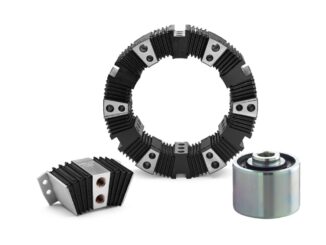
© WikiMedia Wikimedia 1 Old computer (en:DEC Rainbow )1 Computadora antigua (no conozco el n
© WikiMedia (Wikimedia)
Simple and common improvements
There are a few ground rules about speeding up your computer. The first step to a faster computer is always to make sure you have not stuffed your PC hard disk too much.
Even if you have no choice, there are ways to make incremental improvements to the drive space.
Deleting such things as temporary internet files, old restore points, program install files and emptying the recycling bin can take you a long way.
You also have to be critical to yourself and make sure all the installed programs are actually useful to you. Those that are not have to go.
Disk maintenance is essential as well and the occasional defragmentation can have a big impact on the most common hard drive tools.
Upgrade
The simplest and most effective way to truly improve the performance of your windows computer is upgrading your hardware. The best, and relatively inexpensive, method for a faster PC is to upgrade the RAM as it is the bottle neck of most slow computers.
You can always upgrade to a bigger and faster PC hard drive (such as an SSD drive) for a direct speed increase, although this might prove to be a more costly affair.
More complicated but nevertheless effective speed improvements
Sectioning your drive
While the above methods will take you a long way, there are other methods available on how to speed up your PC. One of those methods is to partition your hard drive into a small section and a big section where the small part will house the operating system installation. This is a relatively easy way to shield of the operating system from potential clutter.
Another method is to reduce the amount of programs that open at start-up. The menu for this process is found under:
1. Start "Run", and type "msconfig"
2. Click "OK" and browse to the ‘Start-up’ tab.
3. Select or un-select the items you want to have running at start-up.
The above method is basically a CPU speed up as it will reduce the strain on the processor immediately after start-up of the computer.
Formatting
The final method for when your computer runs slow is to format it altogether. If you went through the above steps without a satisfying result, this might be your best result. If you are still on Windows Vista or XP, make sure to upgrade to Windows 7. Whatever your preferred method, do not despair as your computer can certainly get faster!




